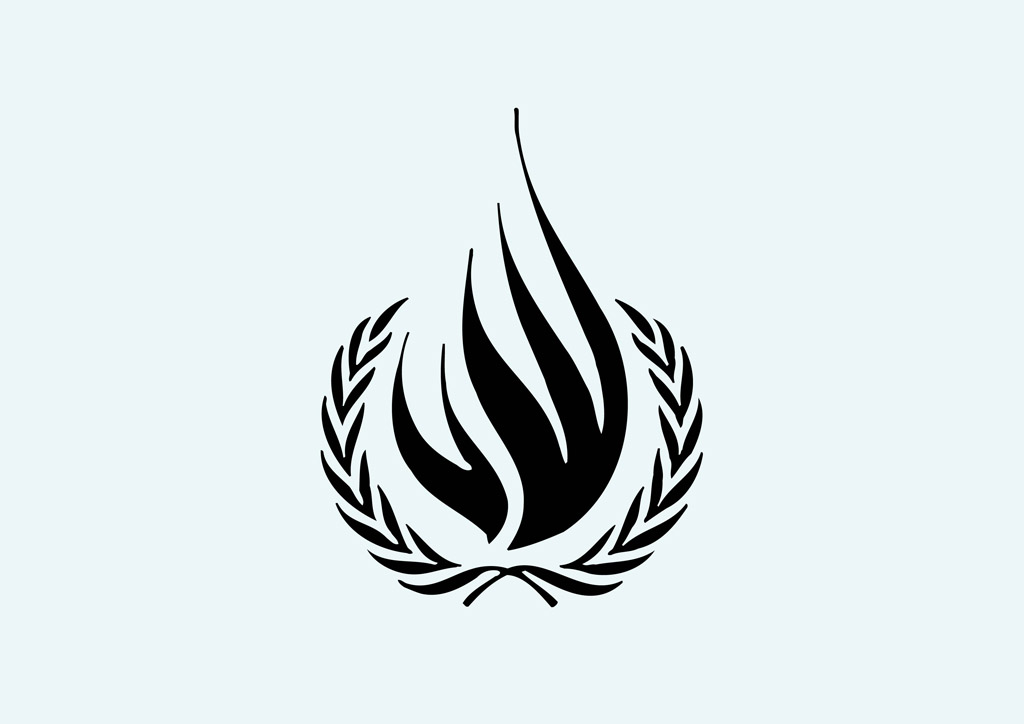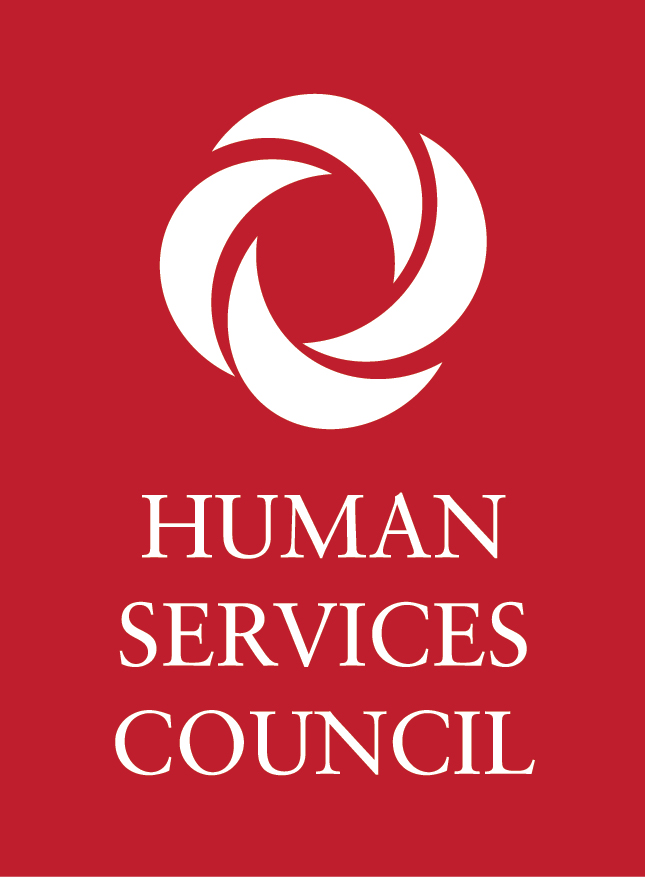In today's rapidly evolving world, the role of organizations like the United Council of Human Services (UCHS) has become increasingly vital. As communities face complex challenges, from poverty to homelessness, UCHS steps in to provide comprehensive support and services. This organization is not just a name; it represents a movement toward equitable access to essential human services for all individuals in need. Whether you're a policymaker, a volunteer, or someone simply interested in social welfare, understanding UCHS can inspire meaningful action.
The United Council of Human Services plays a crucial role in shaping the future of social services. By fostering collaboration among nonprofit organizations, government agencies, and community members, UCHS ensures that resources are distributed effectively. This approach not only strengthens communities but also empowers individuals to lead better lives. Through innovative programs and evidence-based practices, UCHS continues to set the standard for human service delivery.
In this article, we will delve into the mission, vision, and impact of the United Council of Human Services. From its history and organizational structure to its programs and partnerships, every aspect will be explored in detail. By the end, you'll have a comprehensive understanding of how UCHS is transforming lives and why supporting such initiatives is essential for a more inclusive society.
Read also:Andrea Russett And Zane Hijazi A Journey Of Passion Business And Philanthropy
Table of Contents:
- History and Background of the United Council of Human Services
- Mission and Vision of UCHS
- Organizational Structure
- Key Programs and Services
- Partnerships and Collaborations
- Measuring the Impact of UCHS
- Challenges Faced by UCHS
- Future Plans and Goals
- How to Get Involved
- Conclusion and Call to Action
History and Background of the United Council of Human Services
The United Council of Human Services traces its roots back to the early 20th century when community leaders recognized the need for a centralized approach to address social issues. Initially formed as a coalition of local nonprofits, UCHS has evolved into a robust organization that spans multiple regions and serves diverse populations. Over the decades, UCHS has adapted to changing societal needs while staying true to its core values.
Key Milestones in UCHS History
- Established in 1920 as a small coalition of community organizations.
- Expanded its reach in the 1960s during the Civil Rights Movement, focusing on racial equality and social justice.
- Introduced technology-driven solutions in the 2000s to improve service delivery efficiency.
- Played a pivotal role in pandemic response efforts, ensuring vulnerable populations received necessary support.
Through these milestones, UCHS has consistently demonstrated its commitment to addressing the most pressing social challenges of its time.
Mission and Vision of UCHS
The mission of the United Council of Human Services is to create a world where every individual has access to the resources and support they need to thrive. This mission is underpinned by a vision of a society where no one is left behind, and all communities are empowered to achieve their full potential. UCHS achieves this by advocating for policy changes, providing direct services, and fostering collaboration among stakeholders.
Core Values of UCHS
UCHS operates on a foundation of core values that guide its work:
- Equity: Ensuring fair treatment and opportunities for all individuals.
- Empathy: Understanding and addressing the unique needs of each community.
- Innovation: Embracing new ideas and technologies to improve service delivery.
- Accountability: Being transparent and responsible in all actions and decisions.
Organizational Structure
The United Council of Human Services operates through a well-organized structure designed to maximize efficiency and effectiveness. At the helm is a board of directors composed of experienced professionals from various fields, including social work, public policy, and business. Below the board, UCHS has regional offices that oversee local operations and ensure that services are tailored to the specific needs of each community.
Read also:Haley Pullos Age A Comprehensive Guide To Her Life Career And Achievements
Roles and Responsibilities
The organizational structure of UCHS includes:
- Executive Leadership: Responsible for strategic planning and overall management.
- Regional Directors: Oversee day-to-day operations in specific geographic areas.
- Program Coordinators: Implement and manage individual programs and initiatives.
- Support Staff: Provide administrative and logistical support to ensure smooth operations.
Key Programs and Services
The United Council of Human Services offers a wide range of programs and services aimed at addressing the most critical social issues. From housing assistance to mental health support, UCHS provides comprehensive solutions to help individuals and families overcome challenges and achieve stability.
1. Housing Assistance
UCHS works tirelessly to provide safe and affordable housing options for low-income families and individuals experiencing homelessness. Through partnerships with local governments and private developers, UCHS secures funding for housing projects and offers support services to ensure long-term success.
2. Mental Health Support
Mental health is a priority for UCHS, which offers counseling services, support groups, and educational programs to promote mental wellness. By addressing the stigma surrounding mental health, UCHS helps individuals access the care they need.
3. Employment Services
To empower individuals to achieve financial independence, UCHS provides job training, career counseling, and employment placement services. These programs are designed to equip participants with the skills and resources needed to succeed in the workforce.
Partnerships and Collaborations
The success of the United Council of Human Services is largely due to its extensive network of partnerships and collaborations. By working with government agencies, nonprofit organizations, and private sector entities, UCHS amplifies its impact and maximizes resource utilization.
Key Partners
Some of UCHS's most impactful partnerships include:
- Local government agencies providing funding and policy support.
- Nonprofit organizations collaborating on program implementation.
- Private sector companies offering pro bono services and financial contributions.
Measuring the Impact of UCHS
The impact of the United Council of Human Services is profound and far-reaching. According to recent studies, UCHS has helped over 500,000 individuals access essential services annually. These services have led to significant improvements in quality of life, with many participants reporting increased stability and well-being.
Impact Statistics
- 85% of participants in UCHS housing programs achieve long-term stability.
- 90% of individuals receiving mental health support report improved mental health outcomes.
- 75% of participants in employment services secure stable employment within six months.
These statistics underscore the effectiveness of UCHS's programs and the positive change it brings to communities.
Challenges Faced by UCHS
Despite its successes, the United Council of Human Services faces several challenges that threaten its ability to deliver services effectively. Funding constraints, political opposition, and evolving societal needs are just a few of the obstacles UCHS must navigate. However, through strategic planning and adaptability, UCHS continues to overcome these challenges and maintain its commitment to serving those in need.
Addressing Funding Gaps
UCHS actively seeks new funding sources, including grants, donations, and corporate sponsorships, to ensure the sustainability of its programs. Additionally, UCHS advocates for increased government funding for human services, emphasizing the long-term benefits of investing in these initiatives.
Future Plans and Goals
The United Council of Human Services has ambitious plans for the future, focusing on expanding its reach and enhancing its services. By leveraging technology and fostering stronger partnerships, UCHS aims to serve even more individuals and communities in need.
Strategic Initiatives
UCHS's future plans include:
- Implementing digital platforms to improve service accessibility.
- Expanding mental health services to underserved rural areas.
- Developing new programs to address emerging social issues.
How to Get Involved
There are numerous ways to get involved with the United Council of Human Services and contribute to its mission. Whether through volunteering, donating, or advocating for policy changes, every action helps make a difference in the lives of those served by UCHS.
Volunteer Opportunities
UCHS offers a variety of volunteer opportunities, including:
- Assisting with program implementation.
- Providing administrative support.
- Participating in community outreach initiatives.
Conclusion and Call to Action
The United Council of Human Services is a beacon of hope for communities in need, providing essential services and advocating for systemic change. Through its innovative programs, strategic partnerships, and unwavering commitment to equity and justice, UCHS continues to make a lasting impact on society.
To support UCHS's mission, consider getting involved by volunteering your time, making a donation, or spreading awareness about its work. Together, we can create a world where everyone has access to the resources and support they need to thrive.
For more information on the United Council of Human Services and how you can contribute, visit their official website or contact your local UCHS office. Let's work together to build a brighter future for all.


